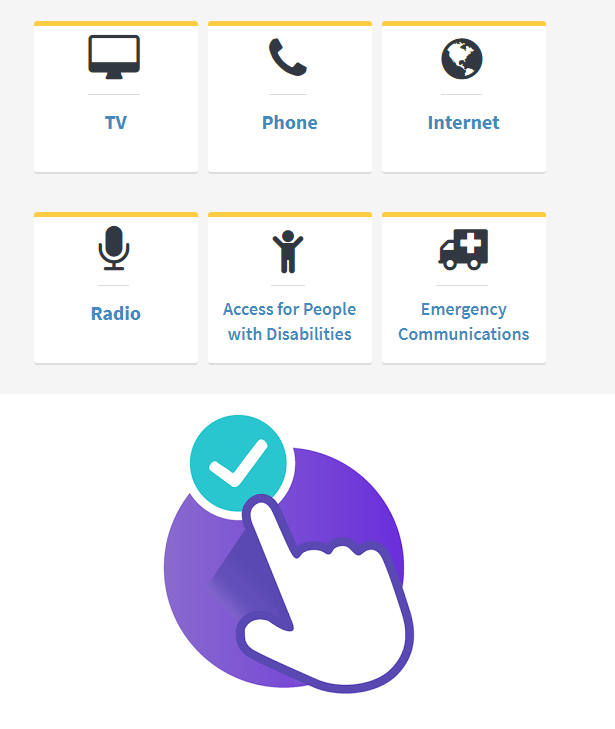FCC Consumer Complaint Center
File a complaint with the Federal Communications Commission
If your complaint is about a telecom billing or service issue, FCC will serve your complaint on your provider. Your provider has 30 days to send you a response to your complaint. FCC encourage you to contact your provider to resolve your issue prior to filing a complaint.
Stop Unwanted Robocalls
https://www.fcc.gov/consumers/guides/stop-unwanted-robocalls-and-texts
FCC Chairman Ajit Pai Offers Consumers Tips to Avoid Robocalls and Spoofing
Video Transcript:
Robocalls and spoofed caller ID are too often used to scam consumers. Consumers shouldn’t answer the phone if they aren’t sure who is calling. Legitimate callers, of course, will leave you a voicemail if they want to. If you do answer a call, don’t give out any personal information. Some scam callers often try to scare consumers into giving them money, often via gift cards. Law enforcement and government agencies will never ask you to make a payment through a wire transfer or with a gift card. If someone calls you claiming to be your utility, just tell them you’ll call them back. Look up their number on a legitimate website or a bill, and use that number to contact them. And file a complaint at FCC.gov. Complaints matter! We use them to help catch those who break the law, and they’re important in helping us to update our policies to make sure that we have the rules in place to go after these robocalls before they’re unleashed.
Consumer Tips to Stop Unwanted Robocalls and Avoid Phone Scams
- Don’t answer calls from unknown numbers. If you answer such a call, hang up immediately.
- You may not be able to tell right away if an incoming call is spoofed. Be aware: Caller ID showing a “local” number does not necessarily mean it is a local caller.
- If you answer the phone and the caller – or a recording – asks you to hit a button to stop getting the calls, you should just hang up. Scammers often use this trick to identify potential targets.
- Do not respond to any questions, especially those that can be answered with “Yes.”
- Never give out personal information such as account numbers, Social Security numbers, mother’s maiden names, passwords or other identifying information in response to unexpected calls or if you are at all suspicious.
- If you get an inquiry from someone who says they represent a company or a government agency, hang up and call the phone number on your account statement, in the phone book, or on the company’s or government agency’s website to verify the authenticity of the request. You will usually get a written statement in the mail before you get a phone call from a legitimate source, particularly if the caller is asking for a payment.
- Use caution if you are being pressured for information immediately.
- If you have a voice mail account with your phone service, be sure to set a password for it. Some voicemail services are preset to allow access if you call in from your own phone number. A hacker could spoof your home phone number and gain access to your voice mail if you do not set a password.
- Talk to your phone company about call blocking tools they may have and check into apps that you can download to your mobile device to block unwanted calls.
- If you use robocall-blocking technology already, it often helps to let that company know which numbers are producing unwanted calls so they can help block those calls for you and others.
- To block telemarketing calls, register your number on the Do Not Call List. Legitimate telemarketers consult the list to avoid calling both landline and wireless phone numbers on the list.






 LOCAL WEBSITE DESIGNERS & HOUSTON SEO EXPERTS – CALL US
LOCAL WEBSITE DESIGNERS & HOUSTON SEO EXPERTS – CALL US
